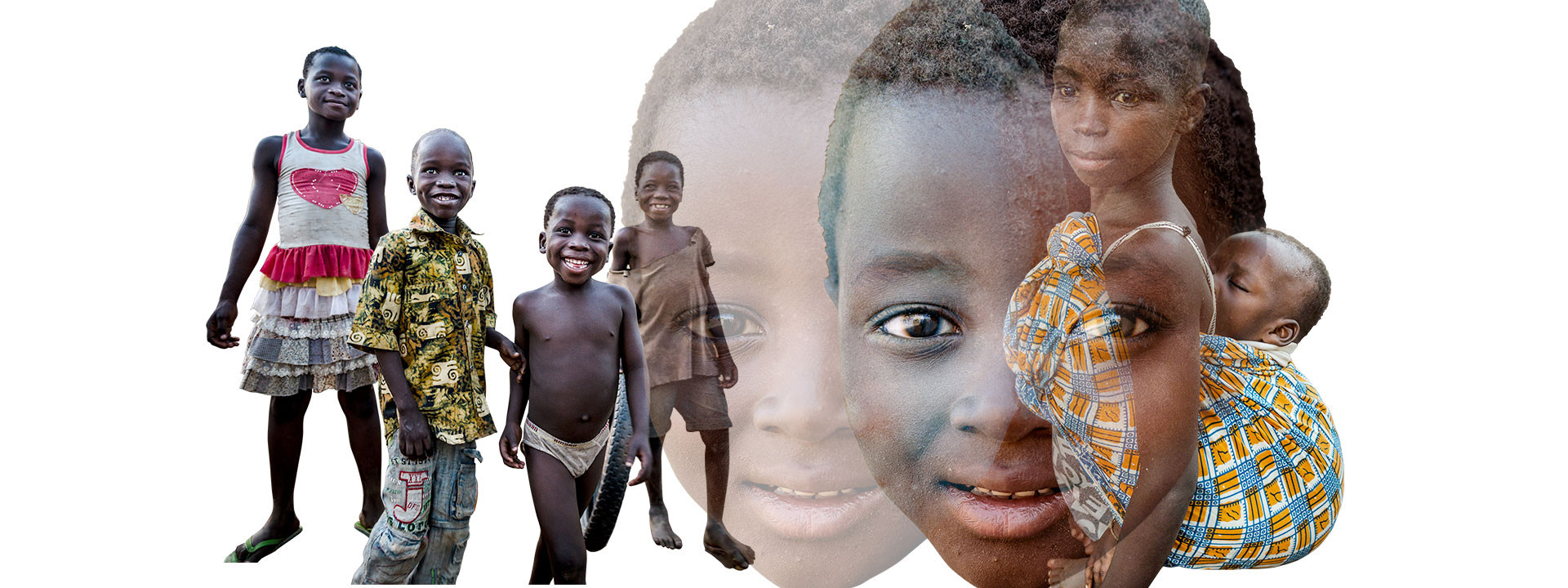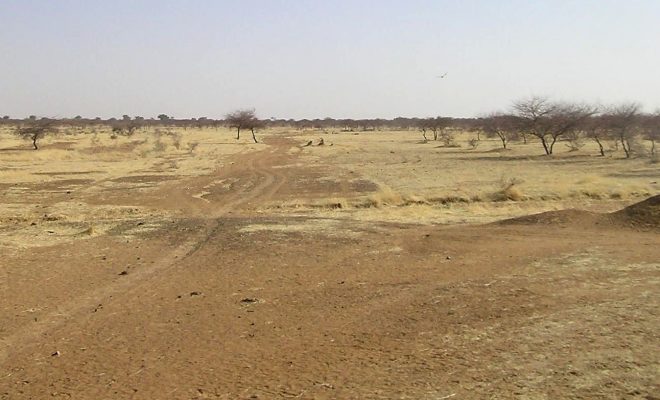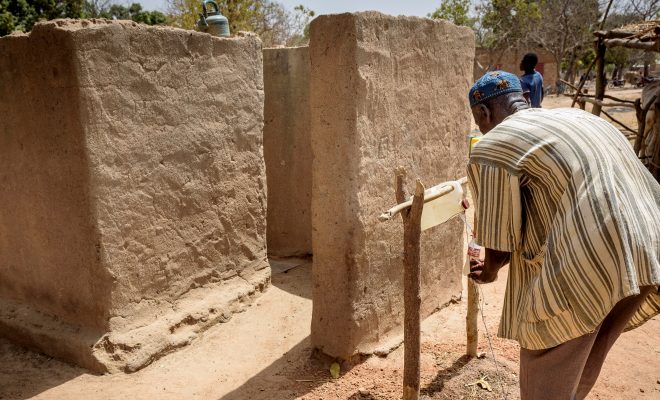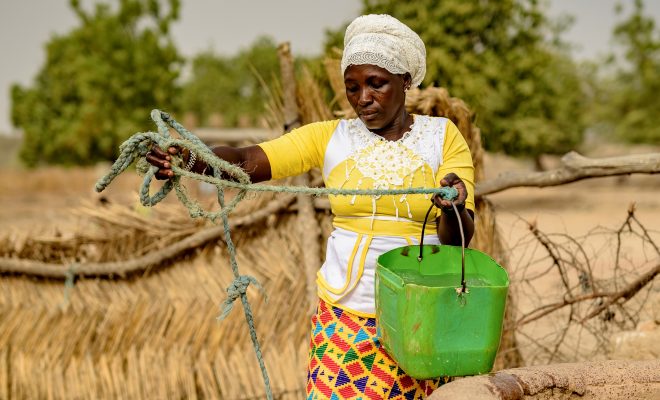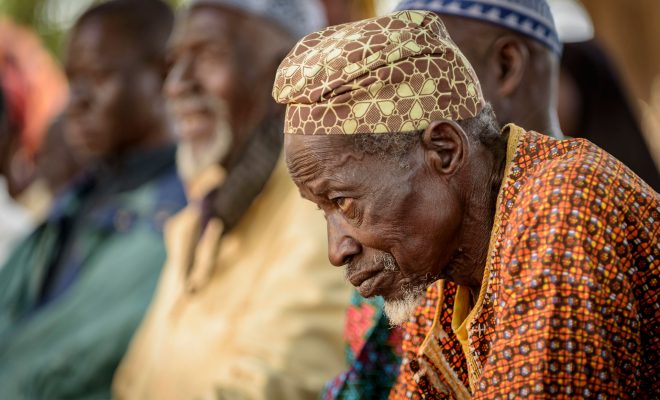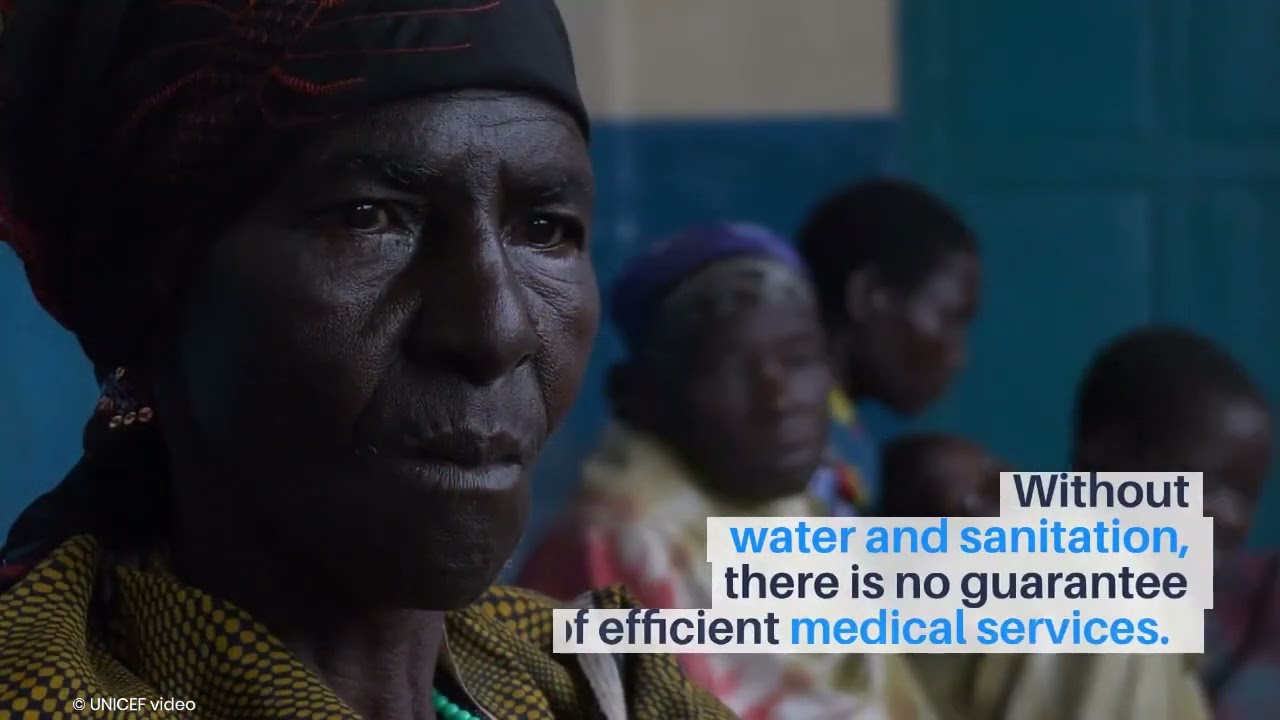
The Senegalese Matam region is located in the Sahel semi-desert. Bordering Mauritania, it is one of the country’s poorest regions and suffers from endemic water shortages and recurring food crises. Currently, the overall prevalence of malnutrition in the four health districts in the region reaches 13%, compared to the national average of 8%. The Covid-19 pandemic has put the entire Senegalese health system under stress, especially in rural areas.
In Matam, this pressure has intensified the inequalities and shortcomings of a health system that lacks safe access to water and sanitation and hygiene facilities that guarantee their efficiency. In addition to hindering the Covid-19 treatment, these shortcomings favor the development of other nosocomial diseases (contracted by those admitted to medical centers), undermining the population’s confidence and keeping them away from medical treatment. This situation is disastrous for pregnant women, babies, and children under 15, the most vulnerable population groups and those most in need of continuous medical care. Preventing women from giving birth at home and facilitating their access to prenatal care are critical factors in the WHO/UNICEF strategy for reducing maternal and neonatal mortality throughout sub-Saharan Africa.
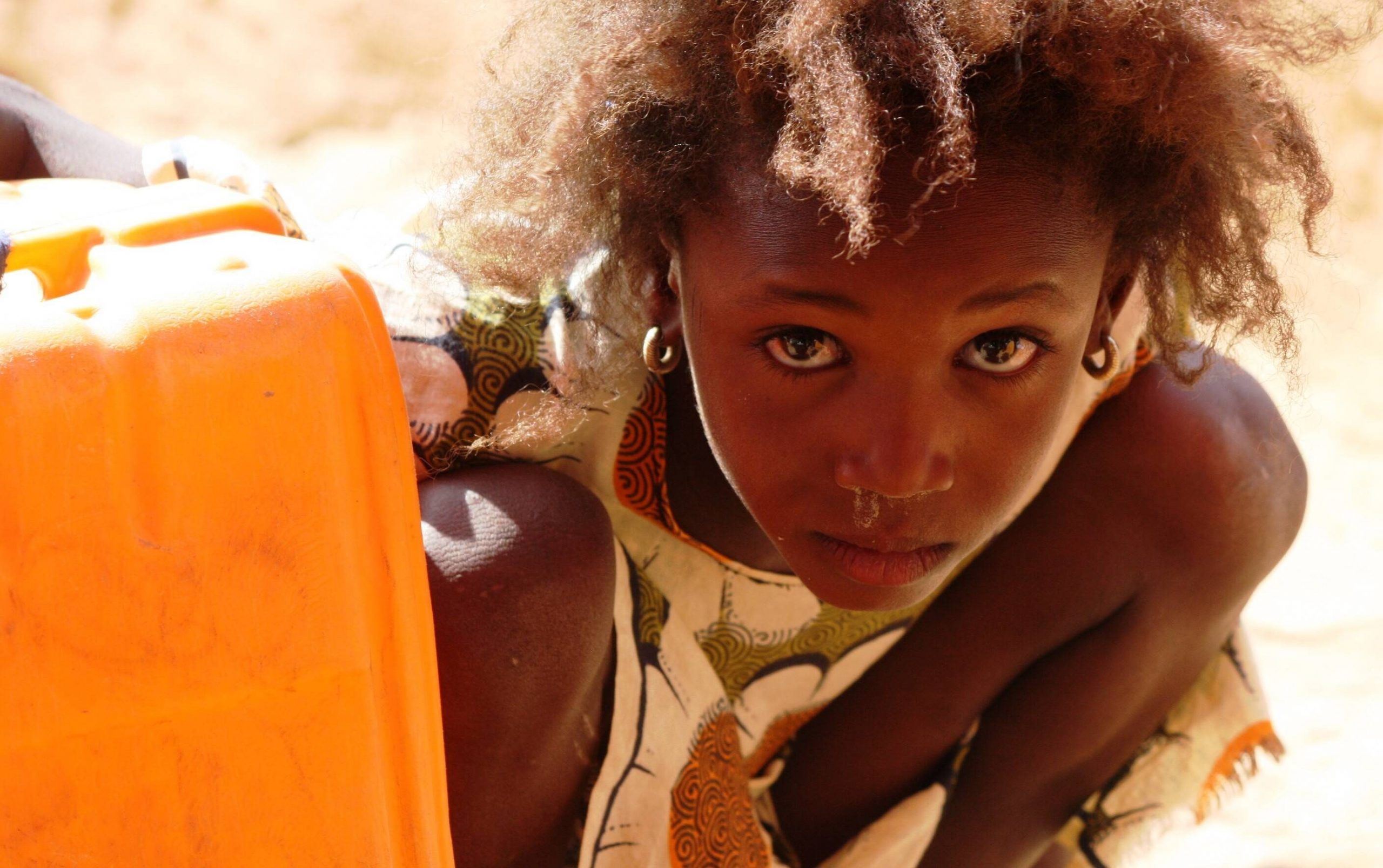
Health systems in rural African regions suffer water, sanitation, and hygiene shortcomings. © EC/ECHO/Anouk Delafortrie
Water and sanitation for medical treatment
In the health centers of the capital, Matam, Ranérou, Thilogne, and Kanel, we are collaborating with Acción Contra el Hambre in a project to guarantee the availability and sustainable management of water and sanitation in health centers. The project will be extended to 69 other health centers in the region by promoting good hygiene practices in coordination with the hygiene brigade of the Matam region, distributing WASH (Water, Sanitation and Hygiene) kits, and disseminating awareness-raising messages aimed at the population on local radio stations.
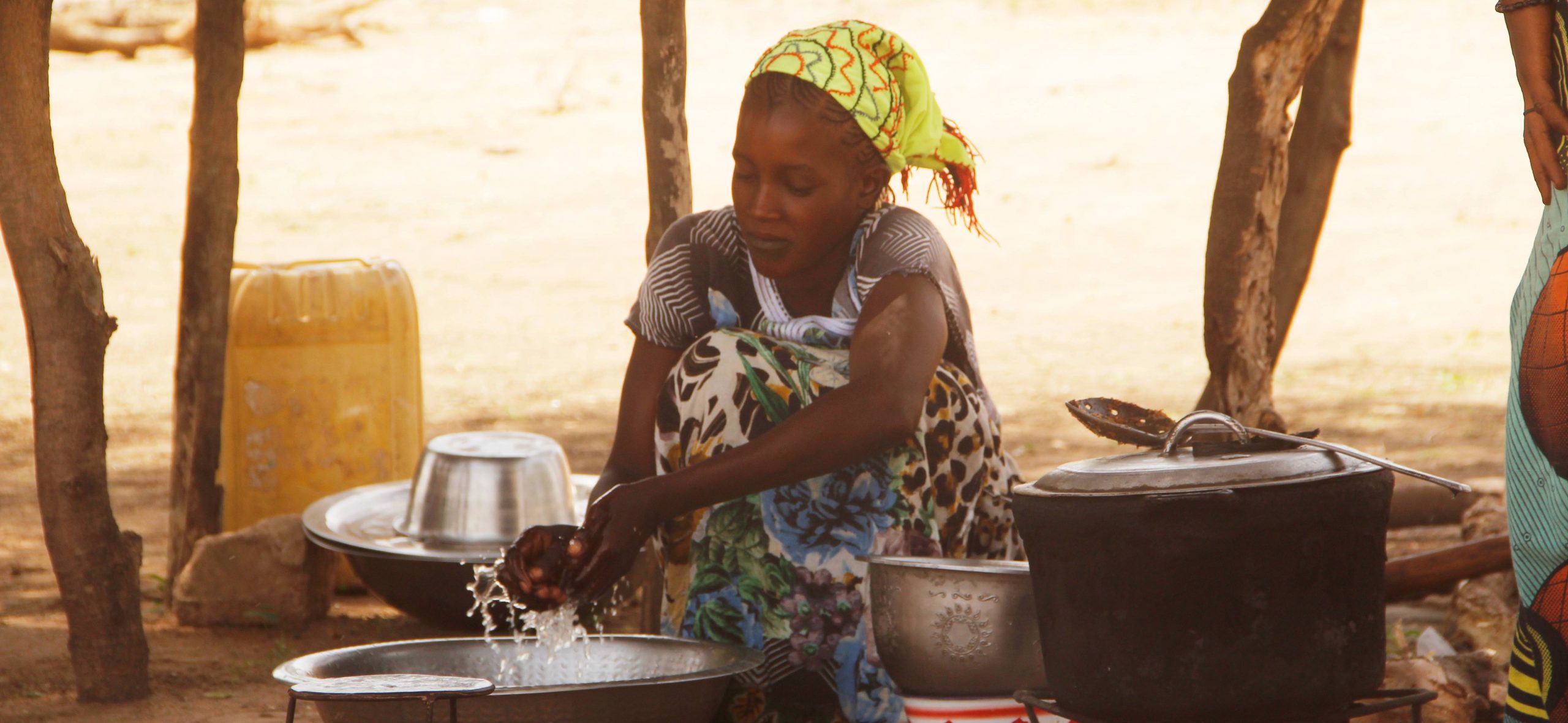
The lack of adequate WASH services in health centers is an endemic problem in the poorest rural areas worldwide. © Acción Contra el Hambre
The lack of adequate WASH services in health centers is an endemic problem in the poorest rural areas worldwide. Sub-Saharan Africa is one of them; according to the WHO/UNICEF Joint Monitoring Programme for Water Supply, Sanitation and Hygiene (JMP), in 2019, 26% of the health centers in sub-Saharan Africa lacked these essential services for people’s health care.
Three harsh droughts in six years
Northern Senegal has yet to recover from the terrible drought of 2017-2018, which caused food insecurity for some 250,000 people in Matam and three other departments, Podor, Kanel, and Ranerou. This was the third drought in six years and posed a severe setback to the government’s plans to make further progress in achieving universal access to safe water in rural areas.
In 2020, according to JMP data, rural areas in Senegal showed slow progress towards SDG 6. While the access to surface water has almost disappeared —it stands at 0.2% of the population— still more than 20% were accessing water from unimproved sources (those that are not located in households and do not meet healthiness requirements). Regarding sanitation, progress is also slow and presents serious health drawbacks: almost 20.5% of the population in rural areas still practiced open defecation in 2020, and only 24% had safely managed services.
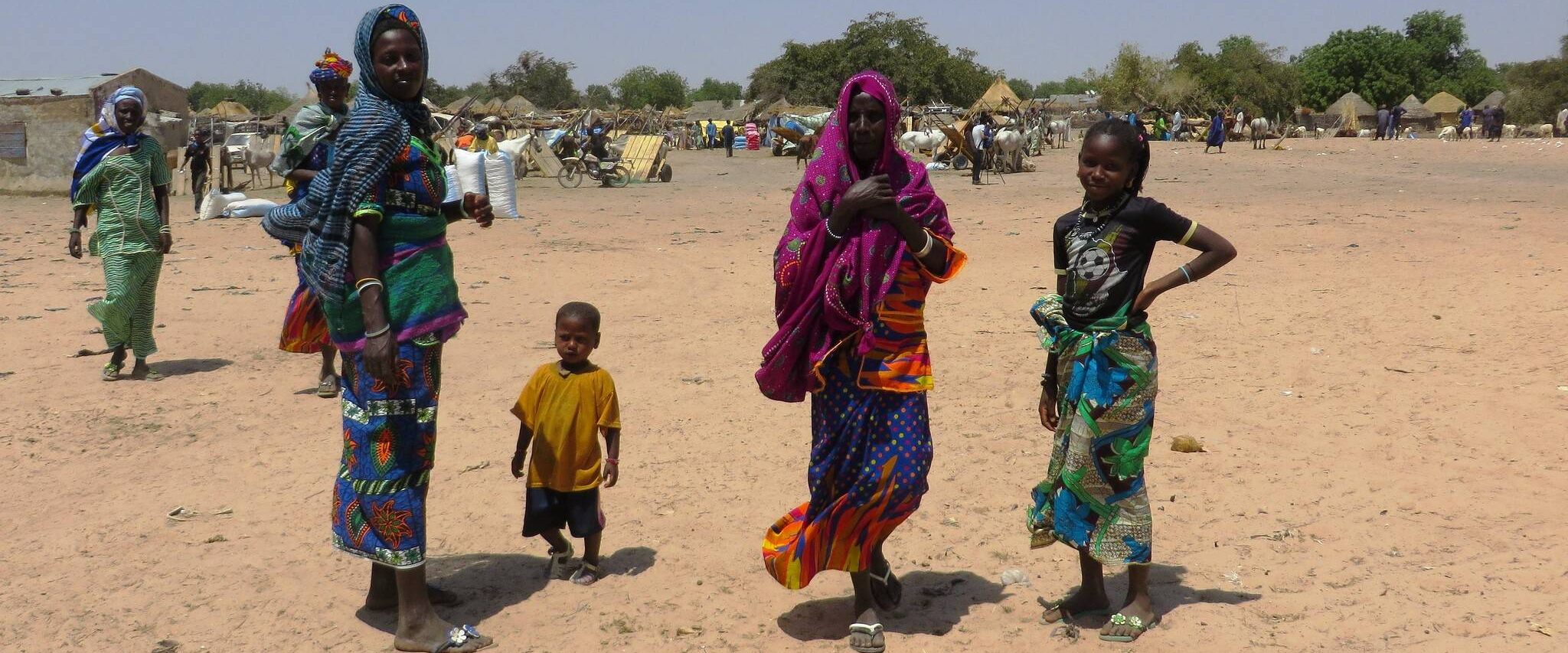
Northern Senegal has yet to recover from the terrible drought of 2017-2018. ©EC/ECHO/Anouk Delafortrie
Household hygiene facilities suffer from the consequences of the lack of access to water. According to the JPM, there has been almost no progress since 2015; in 2020, nearly 70% of Senegalese rural dwellers had no handwashing facilities at home, and 20% had limited handwashing (no soap or no water), while just over 10% could adequately wash their hands.
Without water, sanitation, and hygiene, we will not achieve universal health and well-being included in SDG 3. This is further evidence of how important it is for governments, institutions, businesses, and civil society to be aware of this: SDG 6 is key to all SDGs.


